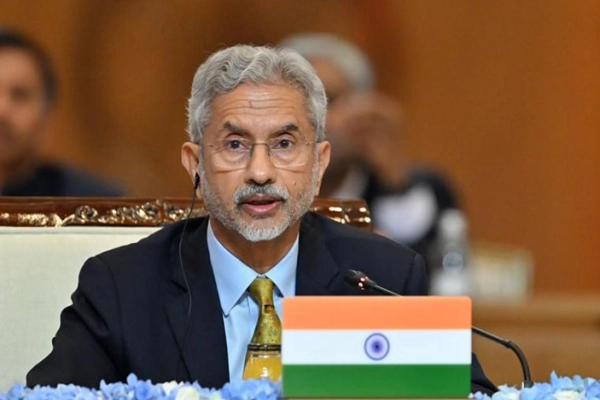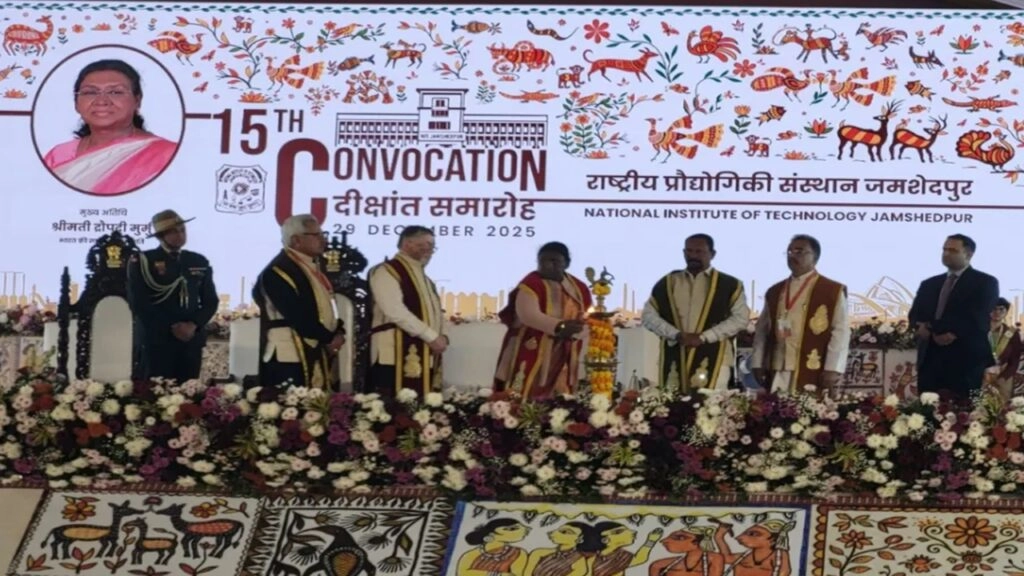Raj Thackeray, the leader of the Maharashtra Navnirman Sena (MNS), recently held a significant meeting with Devendra Fadnavis, the former Chief Minister of Maharashtra and a prominent leader of the Bharatiya Janata Party (BJP). The meeting has drawn considerable attention in political circles, particularly given the historical context of both leaders and their respective parties. However, Thackeray was quick to clarify that the discussions during their meeting were centered around pressing civic issues rather than political alignments or strategies.
During the interaction, Thackeray emphasized the importance of addressing local governance challenges that have been plaguing Mumbai and other regions in Maharashtra. He expressed concerns regarding infrastructure, waste management, and public services, which have become increasingly critical as urban populations continue to grow. The MNS leader’s focus on civic issues highlights a pragmatic approach to governance, where political affiliations take a back seat to the immediate needs of the citizens. This stance is particularly noteworthy, as it demonstrates a willingness to collaborate across party lines for the betterment of the community.
Thackeray’s clarification comes at a time when political alliances and rivalries are often scrutinized, and any meeting between significant political figures can lead to speculation about future collaborations or shifts in party dynamics. The MNS has traditionally positioned itself as a regional party with a focus on Marathi identity and local issues, while the BJP has a broader national agenda. By choosing to prioritize civic matters in his dialogue with Fadnavis, Thackeray may be aiming to reinforce that the needs of the people should supersede political rivalries. This approach could resonate well with voters who prioritize effective governance over political theatrics.
Moreover, the meeting reflects the larger context of Maharashtra’s political landscape, where coalition politics has become increasingly complex. With various parties vying for power and influence, leaders like Thackeray are recognizing the necessity of addressing local issues collaboratively, irrespective of party lines. As urban challenges become more pronounced, this trend may lead to more frequent discussions among political leaders aimed at fostering solutions that directly impact residents’ quality of life. In doing so, Thackeray could be positioning himself as a responsible leader committed to civic welfare, which may enhance his standing among constituents who are frustrated with traditional political conflicts.




